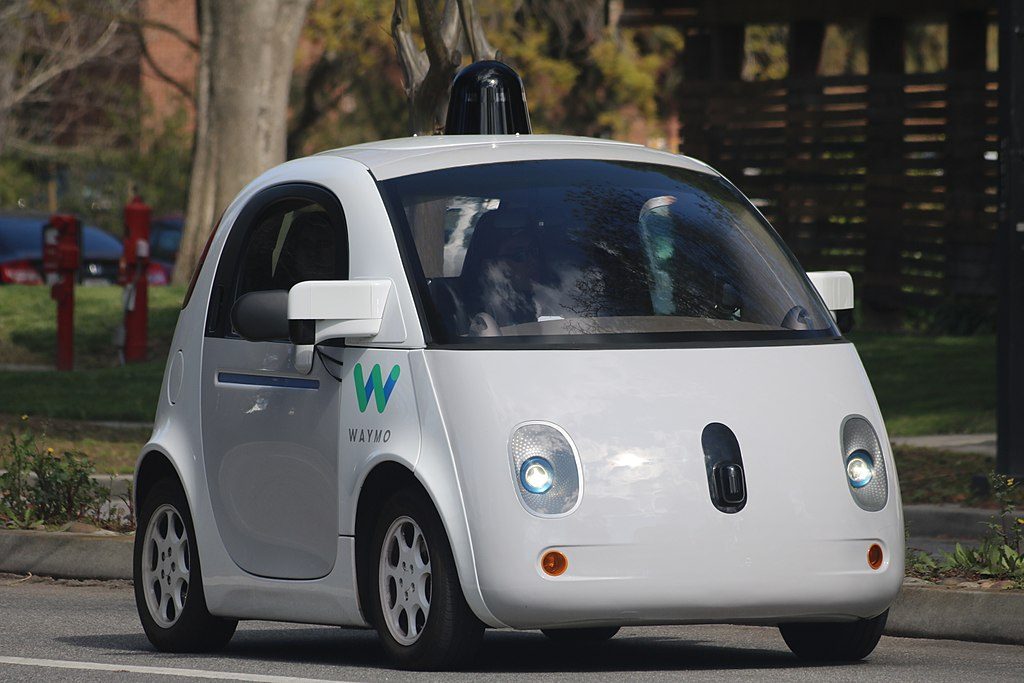
Alphabet Inc.’s (NASDAQ: GOOGL) self-driving car unit, Waymo, has announced plans to begin selling its laser-mapping sensors to other companies. According to a Waymo spokesperson, the company is now in talks with dozens of potential customers. Simon Verghese, the head of Waymo’s lidar team, said in an interview, “We’re excited to see what people might do with this and to explore whether some of these spinoff technologies give us another pillar to our business.”
A short-range sensor known as the Laser Bear Honeycomb that monitors self-driving cars’ perimeters is the only one that Waymo is currently prepared to sell to outside companies. The Honeycomb can create a precise 3D-view of the world in a 360-degree horizontal field of view and a 95-degree vertical view. The sensor can see about 30 feet ahead on a flat surface, or double that when facing down a slope.
It is believed that the next generation of warehouse robots, security systems, and autonomous farm equipment would be built with this technology. Several companies already use these types of sensors to stock shelves and patrol malls and parking lots. Waymo says that it is focusing on companies that don’t compete with its core robotaxi business as its first customers.
Waymo’s announcement says that it will be providing sensor customers with integrated software and some software support. The company has yet not disclosed how much it plans to charge customers for the Honeycomb sensors. A comparable sensor made by its closest competitor is priced at about $4,000 for a single sensor, with the price cut in half when purchased in bulk.
Waymo began as Google’s self-driving car project in 2009. After struggling to cobble together sensors and software from a variety of different manufacturers, the company began to develop its own hardware and software in house in 2011. Selling its sensors to other companies could be a win-win scenario for Waymo, as increased production should lower costs for its own self-driving car projects while generating revenue.
